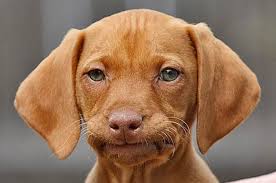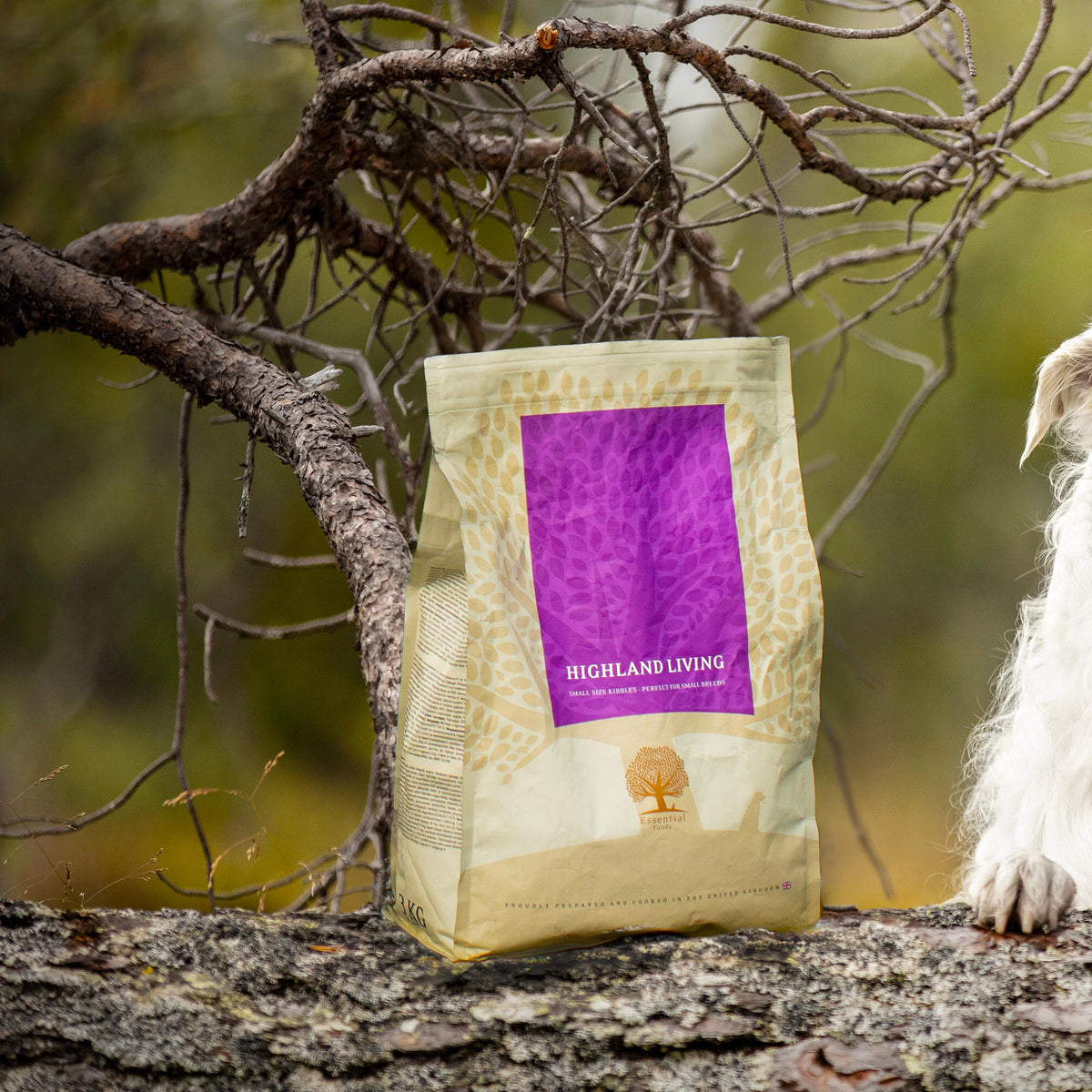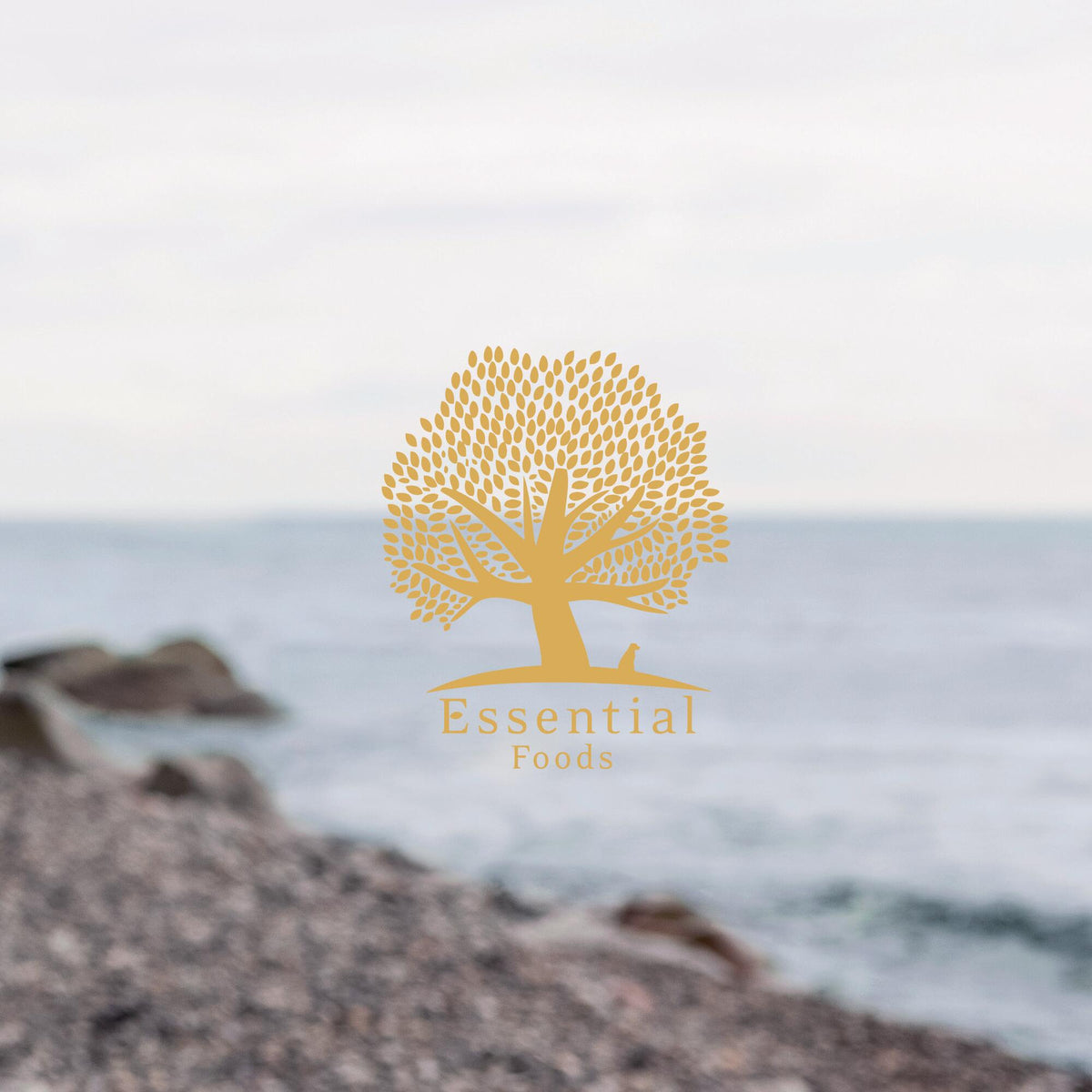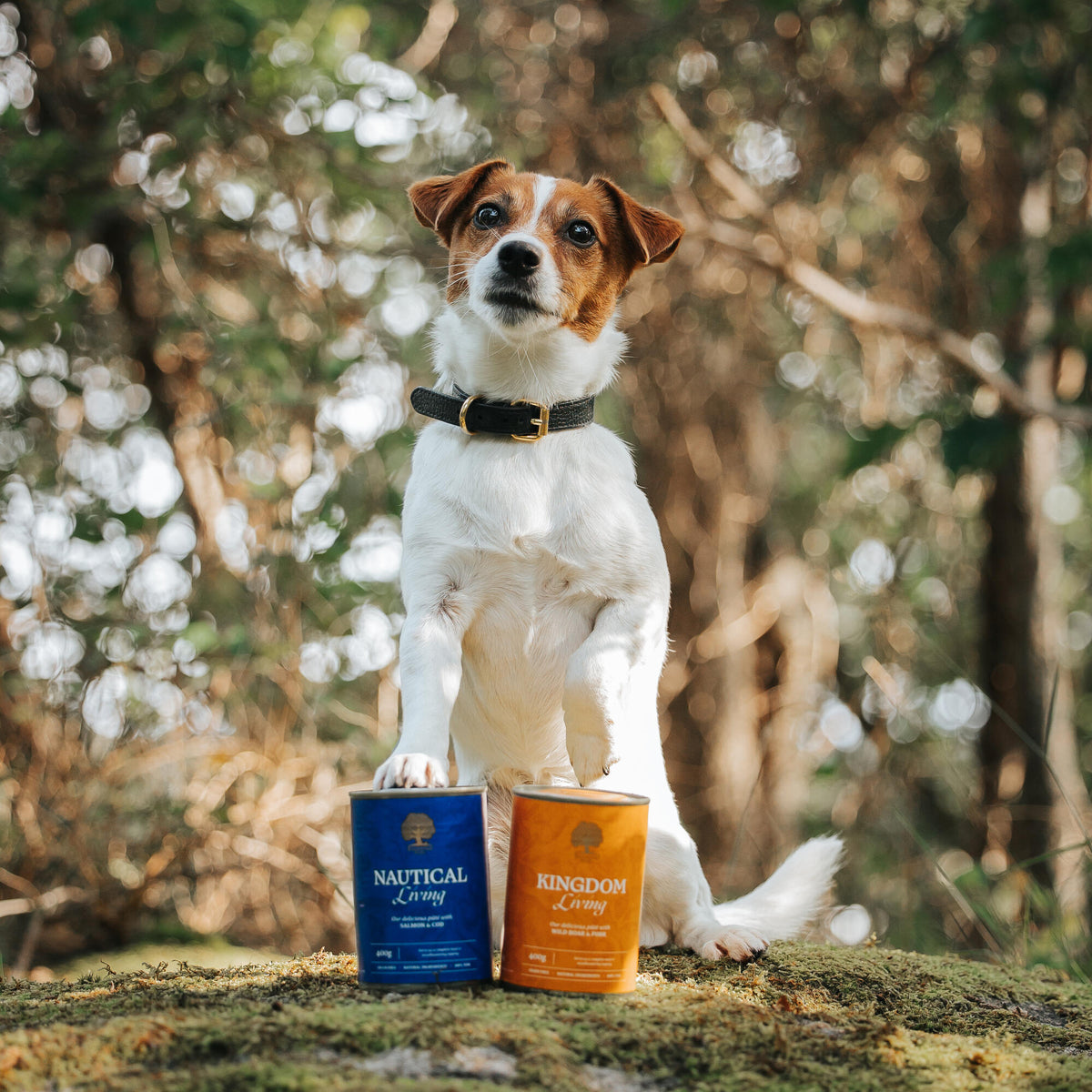Your Cart is Empty

Many pet owners may wonder, "Can dogs eat cat food?" In this comprehensive guide, we'll delve into the complexities of pet nutrition, explore the risks associated with dogs consuming cat food, and provide recommendations for choosing the best dog food to keep your furry friend healthy and happy.
Dogs and cats have different nutritional requirements based on their species-specific dietary needs. While dogs are omnivores, cats are obligate carnivores, meaning they require a diet primarily consisting of meat to thrive. Dog food is formulated to meet the nutritional needs of canines, while cat food is tailored to the requirements of felines.
Feeding cat food to dogs can pose several risks due to its higher protein and fat content, as well as differences in essential nutrients like taurine. Consuming cat food regularly can lead to obesity, digestive issues, and nutrient imbalances in dogs, potentially compromising their overall health.
Natural dog food is made with wholesome ingredients and avoids artificial additives or fillers. Opting for natural options ensures that dogs receive essential nutrients without potentially harmful additives, promoting better digestion and overall well-being.
Grain-free dog food eliminates common allergens like wheat, corn, and soy, which can trigger allergic reactions or digestive discomfort in some dogs. Grain-free options support better digestion and nutrient absorption, making them ideal for dogs with sensitive stomachs.
When choosing dog food, pet owners often face the decision between dry and wet options. Both types have their advantages, with dry dog food being convenient, cost-effective, and beneficial for dental health, while wet dog food offers higher moisture content and may be more palatable for some dogs.
When selecting the best dog food, consider factors such as the quality of ingredients, nutritional value, and the presence of essential vitamins and minerals. Choose reputable brands known for producing high-quality dog food that meets AAFCO standards for complete and balanced nutrition.
Feeding cat food to dogs can have adverse effects on their health, including weight gain, gastrointestinal issues, and nutrient deficiencies. It's essential to prevent dogs from accessing cat food and provide them with appropriate dog food tailored to their nutritional needs.
If your dog has been consuming cat food, gradually transition them to a suitable dog food formula to avoid digestive upset. Start by mixing small amounts of dog food into the cat food and gradually increase the ratio over several days until your pet is solely consuming dog food.
Q: Can dogs eat cat food occasionally? A: While an occasional taste of cat food may not harm dogs, regular consumption can lead to health issues due to differences in nutritional composition.
Q: What should I do if my dog eats cat food? A: If your dog consumes cat food, monitor them for any signs of gastrointestinal distress and consult with your veterinarian if symptoms persist.
Q: Is there any harm in feeding dog food to cats? A: Yes, dog food lacks essential nutrients that cats require, such as taurine, and can lead to significant health problems if fed to cats regularly.
Q: How can I prevent my dog from accessing cat food? A: Keep cat food out of reach of dogs by feeding cats in a separate area or using pet gates to restrict access to cat feeding areas.
Q: What role does Essentials Dog Food play in preventing dogs from eating cat food? A: Essentials Dog Food offers a wide range of high-quality dog food options tailored to meet the nutritional needs of dogs, helping prevent them from seeking out inappropriate food sources like cat food.
In conclusion, while dogs may be curious about cat food, it's essential to prevent them from consuming it regularly due to potential health risks. Opting for natural, grain-free, and age-appropriate dog food, such as Essentials Dog Food, ensures that dogs receive optimal nutrition to support their health and well-being, keeping them happy and thriving for years to come.


